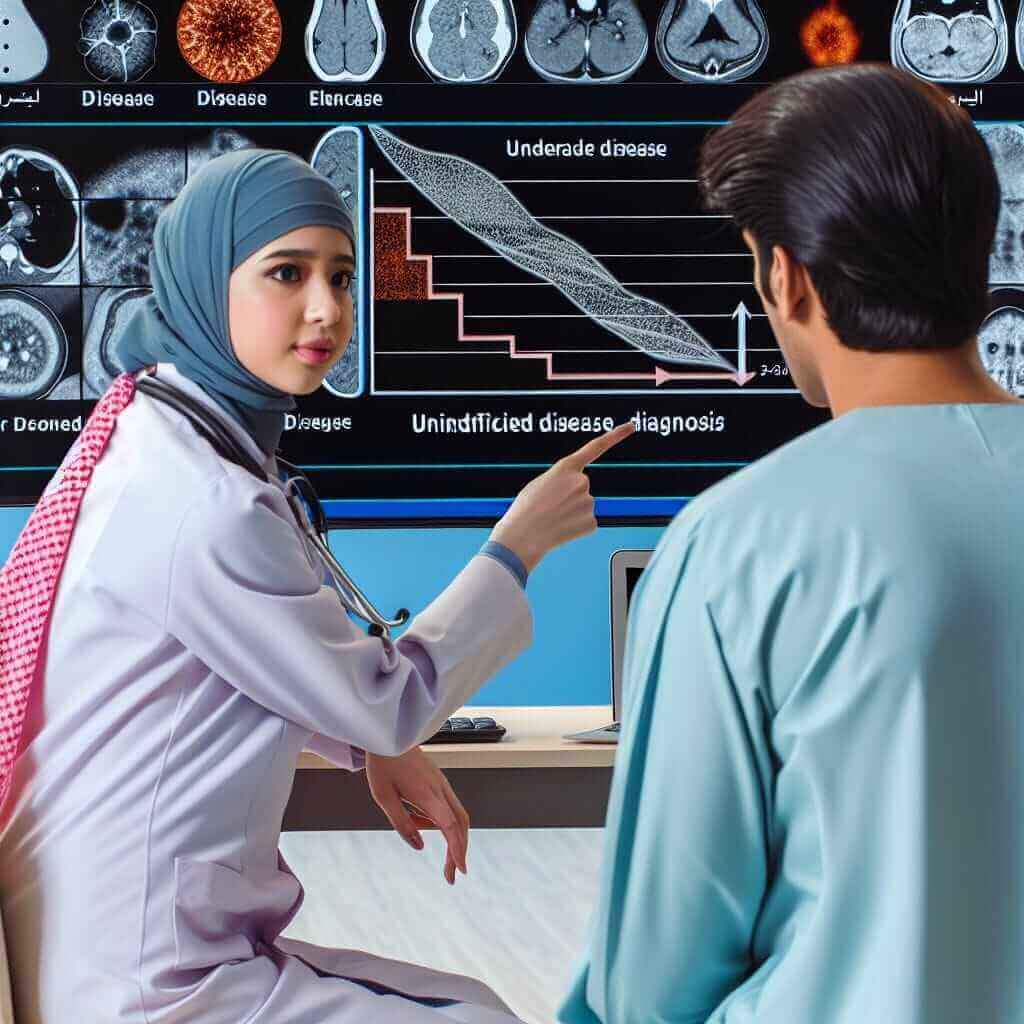In the realm of healthcare, the phrase “The importance of early detection in disease prevention” has become more prevalent than ever. Understanding when and how frequently this topic appears in IELTS exams can provide invaluable preparation for candidates. Traditionally, topics related to health, disease prevention, and medical advancements are popular in IELTS Writing Task 2. This article will analyze one such topic, provide a detailed sample essay, and offer guidance on writing about it effectively.
Sample Prompts:
- Discuss the importance of early detection in preventing serious diseases.
- To what extent do you agree or disagree that early detection is the key to effective disease prevention?
- Compare and contrast the benefits of early detection with the importance of regular check-ups.
Main Content
Chosen Prompt:
Discuss the importance of early detection in preventing serious diseases.
Analyzing the Prompt:
This prompt requires you to examine how early detection can prevent the progression of serious diseases. The essay should cover the benefits of early detection and give examples to illustrate these benefits. An effective response will include a discussion of various diseases and the impact of timely diagnosis on treatment outcomes. Additionally, it should address counterarguments or limitations, thereby presenting a balanced view.
Sample Essay:
Introduction
The importance of early detection in disease prevention cannot be overstated. With advancements in medical technology and healthcare, the ability to identify diseases at an incipient stage has proven to be a game-changer. This essay will discuss the critical role of early detection in mitigating the progression of serious diseases, enhancing treatment prospects, and ultimately improving overall health outcomes.
Body Paragraph 1
One of the most significant advantages of early detection is the potential for more effective treatment. Identifying a disease in its early stages often allows for a broader range of treatment options that can be less invasive and more successful. For instance, cancers detected at Stage 1 are typically much more treatable than those caught in later stages. According to the American Cancer Society, the five-year survival rate for early-detected breast cancer is approximately 99%, highlighting the essential role of early diagnosis in improving patient prognosis.
Body Paragraph 2
Furthermore, early detection can lead to significant cost savings for both individuals and healthcare systems. Early-stage treatment usually requires less complex and shorter-term care compared to advanced stages, which may necessitate extensive medical interventions. For example, treating diabetes before it escalates into severe conditions like neuropathy or renal failure is not only more manageable but also less costly. Health insurance companies and governments also benefit from reduced financial burdens due to lower hospitalization and surgical interventions.
Body Paragraph 3
Moreover, early detection promotes better quality of life by preventing the extensive damage that diseases can cause if left unchecked. For diseases like cardiovascular conditions, early identification through screenings can prevent heart attacks and strokes, thereby reducing long-term disabilities. This emphasizes the broader public health impact, as a healthier population translates to higher productivity and reduced socioeconomic disparities.
Counterargument and Rebuttal
While the advantages of early detection are clear, it is also crucial to address potential drawbacks. False positives in screenings can lead to unnecessary anxiety and medical expenses. However, with improvements in diagnostic accuracy and patient education, the benefits of early detection still significantly outweigh these concerns. Governments and medical institutions must ensure that screening programs are reliable and that patients are adequately informed about the potential outcomes and implications.
Conclusion
In conclusion, early detection plays a pivotal role in disease prevention by enabling more effective treatment, reducing healthcare costs, and enhancing quality of life. While challenges such as false positives exist, the overarching benefits underscoring the importance of early detection in medical practice cannot be ignored. Future advancements in medical technology and public health policies should continue to prioritize early screening and diagnostics.
Word Count: 368 words

Tips for Writing About This Topic:
-
Vocabulary and Grammar:
- Use advanced vocabulary related to health and medicine (e.g., diagnosis, prognosis, treatment options, screenings).
- Ensure grammatical variety with the use of complex sentences and subordinating conjunctions.
-
Common Vocabulary:
- Incipient (adj) [ɪn’sɪpɪənt]: beginning to happen or develop.
- Prognosis (n) [prɒg’nəʊsɪs]: the likely course of a disease or ailment.
- Mitigation (n) [ˌmɪtɪ’ɡeɪʃən]: the action of reducing the severity or seriousness of something.
- Disparities (n) [dɪ’spærɪtiz]: a great difference.
- Neuropathy (n) [njʊ’ɒpəθi]: disease or dysfunction of one or more peripheral nerves, typically causing numbness or weakness.
-
Examples:
- Use real-world statistics and examples to substantiate your arguments.
- Mention diseases commonly discussed in the media to make your essay relatable.
Conclusion
To sum up, early detection is crucial in the realm of healthcare for preventing serious diseases. Writers preparing for the IELTS should be well-versed in discussing such topical issues, providing strong, evidence-based arguments. Other related prompts may include debates on the efficiency of different medical treatments or the role of technology in modern healthcare. Understanding and practicing these topics will prepare candidates for diverse challenges in their IELTS Writing Task 2.